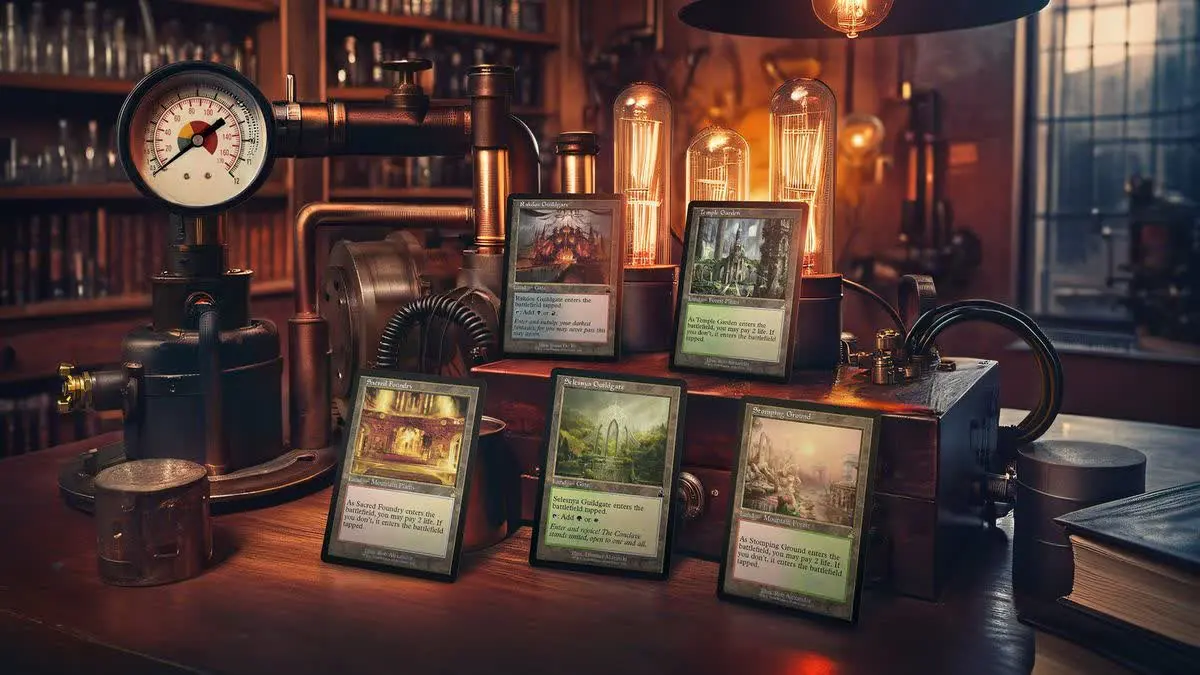Wizards of the Coast denies, then confirms, that Magic: The Gathering promo art features AI elements | When will companies learn?
Wizards of the Coast denies, then confirms, that Magic: The Gathering promo art features AI elements | When will companies learn?

Wizards of the Coast denies, then confirms, that Magic: The Gathering promo art features AI elements

Wizards of the Coast denies, then confirms, that Magic: The Gathering promo art features AI elements | When will companies learn?::undefined